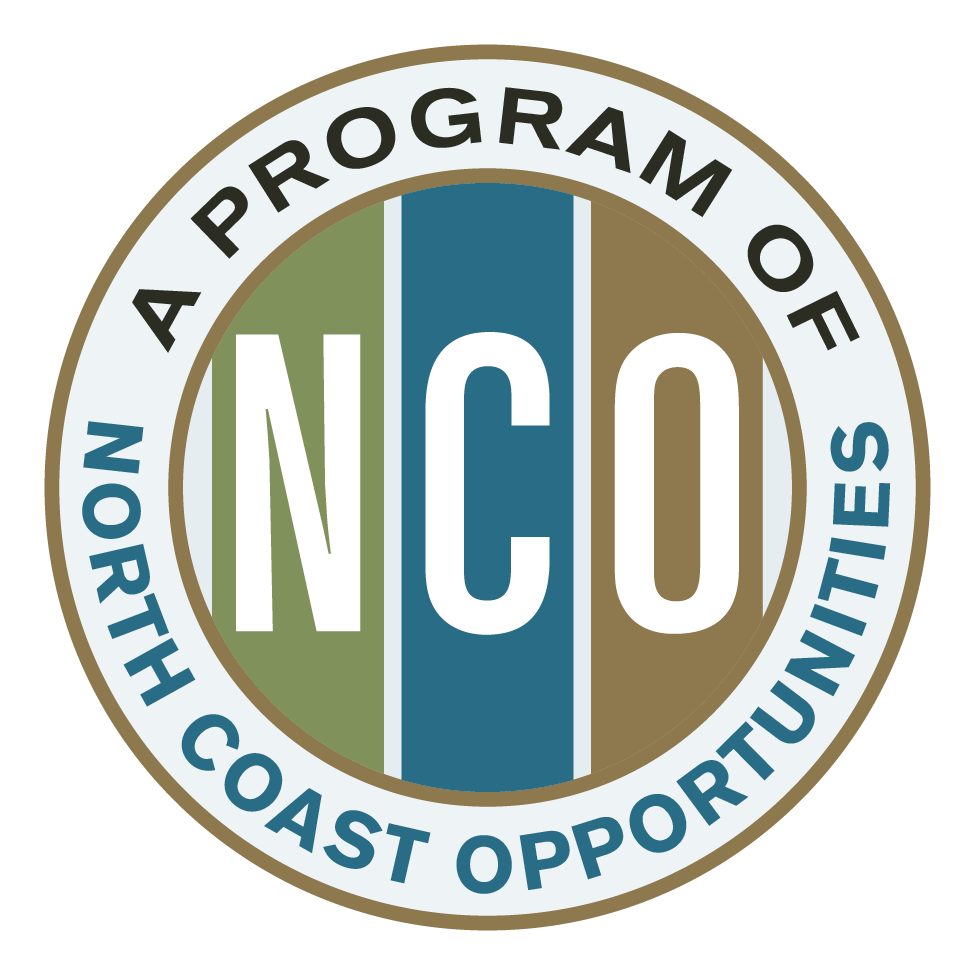Twelve fruit and vegetable farmers from Mendocino and Lake Counties were greeted by a rainbow as they climbed out of a 15-passenger van on Thursday, December 4. “We really got lucky with this break in the weather!” exclaimed Colleen Rentsch of Seely Farm Stand in Upper Lake. The group had arrived at Riverdog Farm in Guinda, California to learn about its wholesale operation. It was the first of many stops during a two-day event co-sponsored by the UC Cooperative Extension and the MendoLake Food Hub of North Coast Opportunities (NCO). Day one consisted of four specialty crop farm tours in the Capay Valley, giving the MendoLake group a chance to see a variety of farm operations – from 3 to 300 acres – and ask questions of the farmers who run them.
Day two was a Specialty Crop Wholesale Success training. The training was offered in cooperation with the Capay Valley Farm Shop, a food hub in Esparto which the farmers also got to visit, and the group was joined by about 20 additional farmers from the Yolo County area. Led by Atina Diffley of FamilyFarmed.org, day two focused on food safety, post-harvest handling practices, and effective marketing strategies for small-scale farms. Interwoven among the data, strategies, and “what not to do” examples, Diffley infused her optimistic farmer’s spirit into the day. According to Jim Leonardis of Leonardis Organics in Lake County, “Atina and her husband Martin are an inspiration to organic farmers everywhere.” These positive comments were echoed by many others at the end of the trip.
The MendoLake Food Hub is a new project funded by a three-year USDA Specialty Crop Block Grant. A specialty crop is defined as fruits, vegetables, herbs, tree nuts, honey, and nursery plants, in contrast to commodity crops like grains, soybeans, and sugar beets. These USDA grants are designed to help specialty crop producers be more competitive in their local markets, and the MendoLake Food Hub aims to connect local buyers – like restaurants and grocery stores – with specialty crop farmers in the area. The Hub will also help farmers with marketing, sales, bookkeeping and invoicing, production planning, and capacity-building technical assistance trainings like the one offered last week.
John Bailey, MendoLake Food Hub Coordinator, has been making connections with local farmers and buyers since September, while also studying existing food hub models around the country. “Our local farmers are struggling to compete with industrial-scale producers who ship massive quantities of cheap produce from afar,” says Bailey. “The good news is we know the MendoLake community wants to support local farmers. The Food Hub is working to foster those local relationships, reduce marketing and distribution expenses, and provide assistance to help our farmers build and grow their businesses.”
A relatively new type of business, food hubs are as different as the farmers who grow for them; the one thing all hubs share in common is a goal to disrupt the traditional produce distribution model. That goal is multifold: first, to get higher prices for local farmers; second, to provide the freshest food possible to consumers; and third, to build a sustainable local food system that doesn’t rely on large-scale agriculture or long-distance shipping. So far, many local farmers are excited about the fledgling hub. “It’s hard to find good, consistent markets in our small community,” says Rentsch, “so it’s nice to have this opportunity to expand what we love to do.”
The Capay Valley event was, to some extent, the formal kick-off for the MendoLake Food Hub. Bailey has been doing trial transactions with a few early adopters, as well as convening with the Food Hub Advisory Council and other key players in the local food system, but the two-day training was the first official business conducted by the hub on behalf of a group of farmers. “There was a bit of self-imposed pressure to make sure we executed everything really well,” says Food Hub Assistant Elizabeth Archer. “Fortunately, it went off without a hitch!” Those in attendance overwhelmingly agreed. “It was the best farmer training I’ve been to,” said Ukiah-area farmer Mai Nguyen, adding, “and I’ve been to a lot.”
With the first event successfully under their belts, Bailey and Archer are already talking about what’s next. Although a small part of what the MendoLake Food Hub will ultimately offer, these kinds of trainings, buyer meet and greets, farmer dinners, and other events will be the public face of the hub. “We’re off to a good start,” says Bailey. “We’re excited to build momentum and sales for farmers so that we can grow our local food system.”
If you are interested in participating in the Food Hub as a farmer, a business who wants to purchase local crops, or an individual who wants to organize a group to purchase in bulk quantities, please contact John Bailey at (707) 467-3238 or jbailey@ncoinc.org.
[This archive item was originally published on Monday, December 8, 2014]
